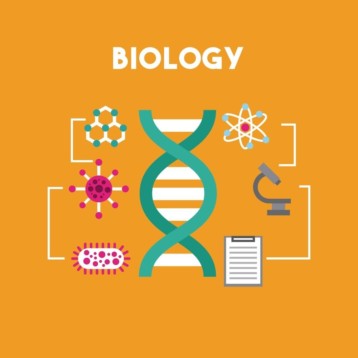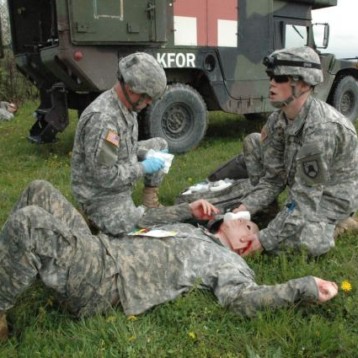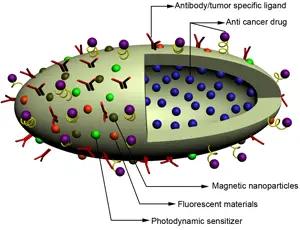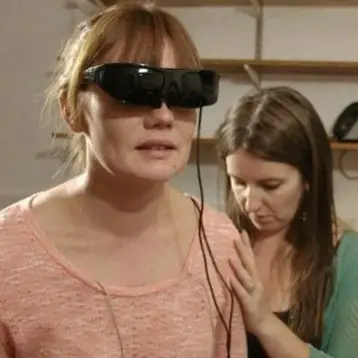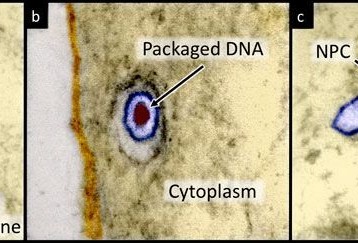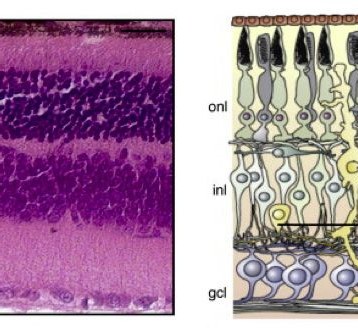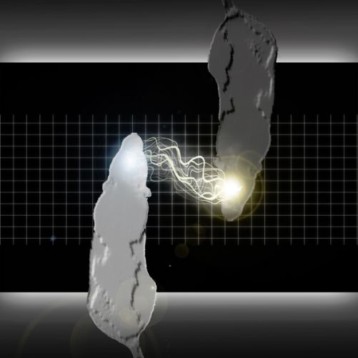Researchers from the Tel Aviv University in Israel and the University of California, San Francisco demonstrated a potential new way to treat alcoholism by selectively erasing or manipulating memories.
Alcohol abuse is a global problem with severe effects on those who suffer from it and everybody around them including a growing burden on the healthcare system of most modern countries it is also responsible for 4% of death world-wide. According to Dr. Segev Barak of Tel Aviv University’s School of Psychological Sciences who headed the current research: “One of the main problems in alcoholism is relapse, and there are not many treatments. Even with an efficient treatment, 70% to 80% of the patients will relapse in the first year”.
–
–
Apparently, the main cause of the relapse is cue-induced alcohol/drug craving. In other words a relapse is likely to happen as a result of a specific cue (the smell of alcohol, the sound of a pouring glass etc.). Our current understanding of the memory processes hold that after retrieval of a memory, it is reactivated and undergoes a process of destabilization followed by a process of reconsolidation. During the reconsolidation process the memory can go a process that will either strengthen or weakens it.
–
–
Although this understanding is not new to the scientific community, the specific signaling molecules and proteins that are needed for drug memory reconsolidation remain largely unknown, especially for alcohol.
The researchers discovered that there was a short window of opportunity to target the area of the brain that performs the process of memory reconsolidates – thus cutting down the craving for alcohol. The researchers found that activation of a specific molecular pathway known as rapamycin complex 1 (aka mTORC1 found in a region of the amygdala inside the brain is imperative to the process of reconsolidation memories related to alcohol (as well as other substances such as cocaine).
–
–
The researchers trained lab rats how to reach a 20% alcohol solution by pushing special levers for a period of three months after which they underwent a 10-day period of abstinence from alcohol. To test their hypothesis the researchers exposed the rats to alcohol either by smell or taste. The rats were tested and found mTORC1 in their amygdala in very specific locations.
–
–
The researchers then tried to cut the mTORC1 from activating the relapse. They used a drug called rapamycin (used today for transplant patients), immediately after the exposure to the cue (the smell or taste of alcohol), no relapse was observed within 14 days (when the research ended) which is in stark contrast to the control group which did not receive rapamycin and relapsed the next day .
–
–
According to Dr. Barak: “It’s really thrilling that we were able to completely erase the memory and prevent relapse in these animals. This could be a revolution in treatment approaches for addiction, in terms of erasing unwanted memories and thereby manipulating the brain triggers that are so problematic for people with addictions”.




